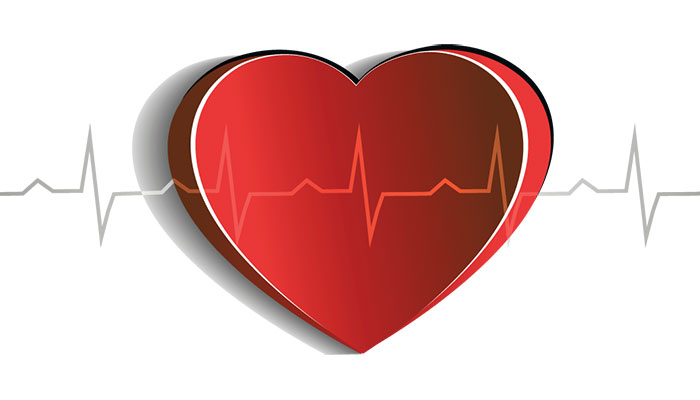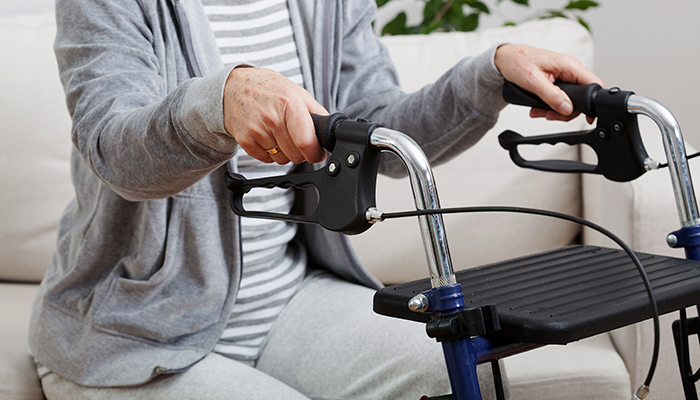
The effects of dementia include changes to the way foods taste and smell. A person with Alzheimer’s or other memory disorder may become unable to recognize foods or to know if he or she is hungry or full. Even the seemingly simple mechanics of fork and spoon or chewing and swallowing often become too complicated….










